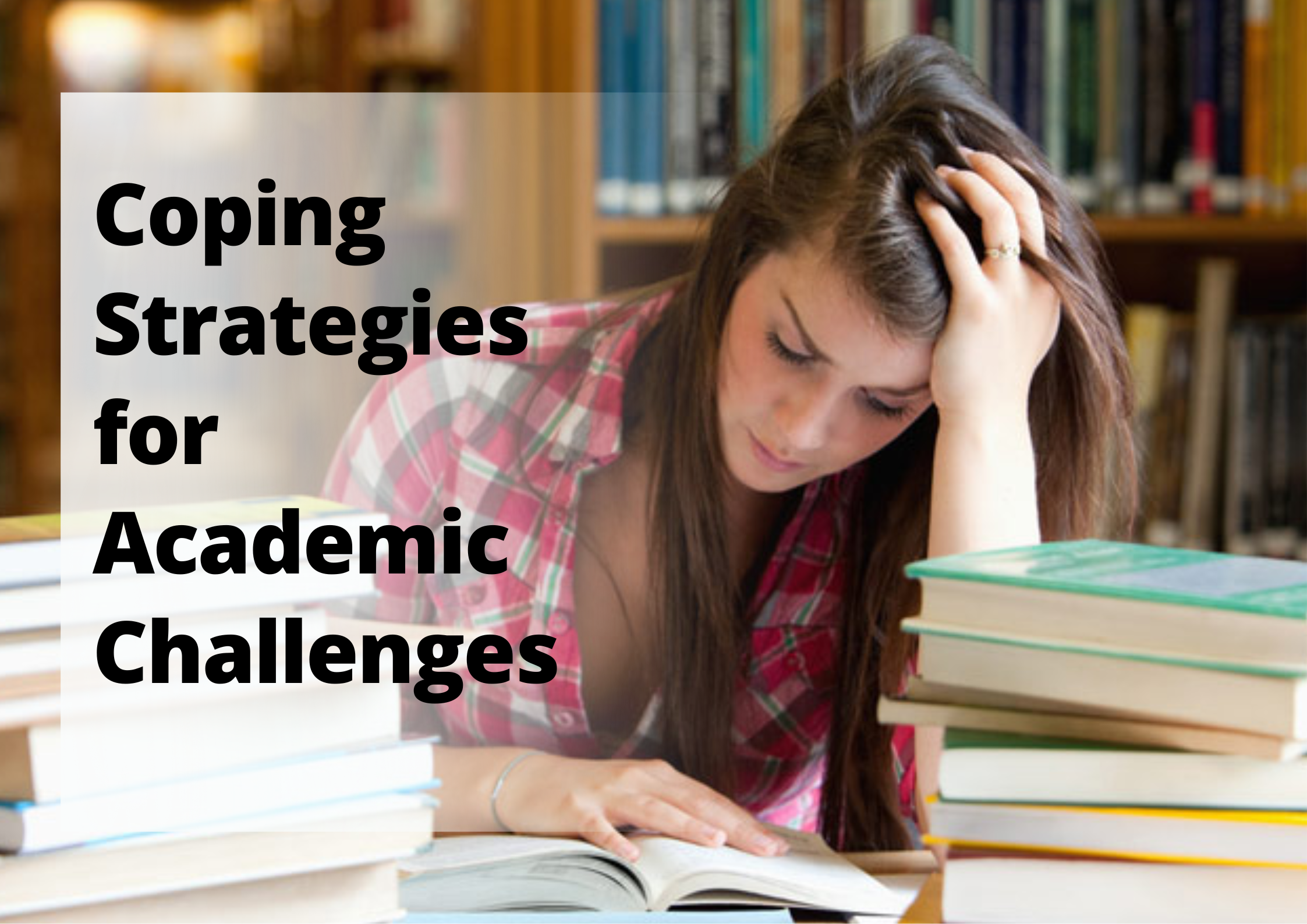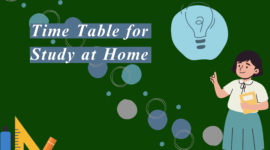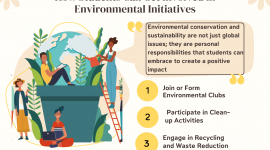Resilience is a fundamental quality that plays a crucial role in navigating the challenges of academic life. In this exploration of “Building Resilience: Coping Strategies for Academic Challenges,” we delve into the intricate web of stressors that students often face and the mechanisms they can employ to not only withstand these pressures but to thrive in the academic environment.
The introduction sets the stage by defining resilience, underlining its significance in academic settings, and offering a brief overview of the challenges that will be addressed in the subsequent sections.
Defining resilience involves understanding it as the ability to bounce back from setbacks and adapt positively to challenging situations. In the academic context, resilience is the key to maintaining mental and emotional well-being despite the often demanding and competitive nature of educational pursuits.
By introducing the concept early on, we create a foundation for readers to grasp the importance of cultivating resilience as an integral life skill.
The introduction further outlines the coping strategies for academic challenges that students commonly encounter, laying the groundwork for the coping strategies that will be discussed in later sections.
These challenges include a high workload, difficulties in time management, and the pressure to perform at a consistently high level.
By acknowledging these stressors upfront, readers are encouraged to reflect on their own experiences and recognize the relevance of resilience-building strategies in their academic journey.
Understanding Academic Challenges

To effectively build resilience, one must first comprehend the nature of the challenges that necessitate such a skill set. This section delves into the specifics of everyday academic stressors, providing a nuanced understanding of the factors that contribute to the pressure felt by students.
Academic stressors can manifest in various forms. The overwhelming workload is a prevalent issue, with students often juggling multiple assignments, exams, and projects simultaneously.
Time management becomes a critical aspect as students strive to meet deadlines without sacrificing the quality of their work. Additionally, the pervasive performance pressure, whether from self-expectations or external influences, adds another layer of complexity to the academic experience.
Highlighting the impact of these challenges on mental health serves to underscore the urgency of developing resilience. Stress and anxiety, if left unaddressed, can lead to burnout and negatively affect overall well-being.
By acknowledging the psychological toll of coping strategies for academic challenges, readers are encouraged to prioritize their mental health and consider resilience as a proactive strategy for navigating adversity.
The Concept of Resilience

Having established a foundation for understanding academic challenges, the exploration of resilience takes center stage in this section.
Defining resilience and breaking down its components provides readers with a comprehensive framework for approaching difficulties in the academic realm.
Resilience, in essence, involves the ability to adapt positively to adversity. It comprises several interrelated components, including emotional regulation, problem-solving skills, and a strong support system.
By delving into these components, readers gain insight into the multifaceted nature of resilience and how it extends beyond mere perseverance to encompass emotional intelligence and effective coping mechanisms.
The role of resilience in overcoming challenges is highlighted, emphasizing its function as a protective factor against the negative consequences of stress.
It becomes evident that building resilience is not just about enduring difficulties but actively engaging with them in a manner that fosters personal growth and development.
The section encourages readers to view resilience as a dynamic process rather than a static trait, opening the door to continuous improvement and adaptation.
Coping Strategies for Academic Challenges

With a solid understanding of resilience, the focus shifts to practical coping strategies tailored to address academic challenges and coping strategies for academic challenges. This section offers a toolbox of techniques that students can integrate into their lives to enhance their resilience and fortify their mental well-being.
Time management techniques take center stage, recognizing that effective allocation of time is pivotal in mitigating the stress associated with a heavy workload.
Creating a schedule, prioritizing tasks, and breaking down larger projects into manageable steps are explored as strategies to enhance time management skills.
Stress reduction techniques, including mindfulness and meditation, are presented as powerful tools for calming the mind and fostering a sense of balance. Deep breathing exercises are introduced as a simple yet effective method for managing stress in the moment.
Integrating these practices into daily routines is emphasized, highlighting their cumulative benefits over time.
The section also underscores the significance of seeking support as a resilience-building strategy.
Building a robust support system, whether through friends, family, or academic resources, provides a safety net during challenging times. Recognizing when to ask for help and utilizing available resources contribute to a proactive approach to overcoming academic hurdles.
Setting realistic goals emerges as another crucial aspect of resilience. The SMART (Specific, Measurable, Achievable, Relevant, Time-bound) criteria are introduced as a framework for goal-setting, ensuring that objectives are clear, attainable, and aligned with individual values. Breaking down larger goals into smaller, manageable tasks further facilitates a sense of accomplishment and progress.
Developing Emotional Intelligence

Emotional intelligence is woven into the fabric of resilience, and this section explores its role in navigating academic challenges and coping strategies for academic challenges.
Recognizing and managing emotions are presented as foundational skills for building resilience, allowing individuals to respond to stressors with clarity and composure.
Building positive relationships is highlighted as a key component of emotional intelligence. Nurturing connections with peers, professors, and mentors fosters a supportive environment that contributes to overall well-being.
Enhancing self-awareness is explored as a means of understanding one’s emotions and reactions, paving the way for intentional and constructive responses to academic challenges and coping strategies for academic challenges.
Learning from Setbacks

Resilience is not solely about avoiding challenges but about bouncing back from setbacks and using adversity as a catalyst for growth.
This section explores learning from setbacks and reframing negative thoughts as essential components of a resilient mindset.
Embracing failure as a learning opportunity is a central theme, encouraging readers to view setbacks as stepping stones rather than stumbling blocks.
Real-life examples of individuals who have faced academic challenges and emerged stronger are woven into this section, providing inspiration and illustrating the transformative power of resilience and built coping strategies for academic challenges.
The importance of resilience in the face of academic setbacks is underscored, emphasizing the idea that setbacks are not indicative of inadequacy but rather opportunities for refinement. Strategies for reframing negative thoughts are introduced, empowering readers to challenge unhelpful narratives and cultivate a positive and resilient mindset.
Case Studies or Personal Stories

To bring the exploration of resilience to life, this section incorporates real-life case studies or personal stories of individuals who have successfully navigated academic challenges and coping strategies for academic challenges through the application of resilience-building strategies.
These narratives serve as tangible examples, illustrating the diversity of experiences and the efficacy of various coping mechanisms.
Case studies may include scenarios where individuals effectively managed time, sought support, or demonstrated resilience in the face of setbacks.
These stories provide practical insights and create a sense of relatability for readers, fostering a connection between theory and real-world application.
Lessons learned from successful coping strategies are distilled from these case studies, offering readers actionable takeaways that they can apply to their own academic journey.
The personalized nature of these narratives adds a human dimension to the exploration of resilience, making the strategies more accessible and relatable.
Conclusion
In the concluding section, the key points from each preceding section are summarized, providing a concise overview of the strategies presented for building resilience in the face of academic challenges and get through the coping strategies for academic challenges.
Encouragement is offered to readers, reinforcing the notion that resilience is a skill that can be developed and honed over time.
The conclusion reiterates the importance of prioritizing mental health and resilience in the academic journey. It serves as a reminder that setbacks are a natural part of the learning process and that the ability to navigate challenges with resilience is a valuable asset for both academic and personal success.
Final thoughts emphasize the ongoing nature of resilience-building, highlighting that it is not a one-time endeavor but a continuous process of growth and adaptation.
Readers are encouraged to reflect on their own experiences, identify areas for improvement, and embrace the journey of building resilience as an empowering and transformative endeavor.
In essence, “Building Resilience: Coping Strategies for Academic Challenges and coping strategies for academic challenges” serves as a comprehensive guide, providing readers with the knowledge and tools to navigate the often turbulent waters of academia with resilience, intentionality, and a positive mindset.









